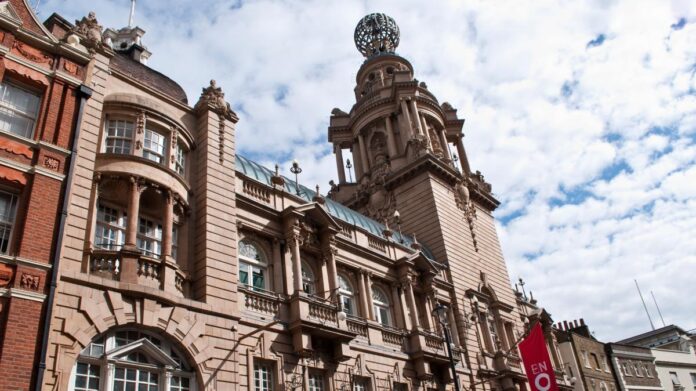Only 12 hours before Arts Council England (ACE) announced which arts organisations will get public subsidy for 2023-26, English National Opera was opening its new production of The Yeomen of the Guard, and its chorus singing that grim number beginning: “The screw may twist and the rack may turn, and men may bleed and men may burn . . .” How spookily prescient! The screw has twisted, the rack has turned, and it is ENO that is to be bled and burnt. Its £12.5 million annual subsidy is axed. There is potentially £17 million available to cover its next three years, ACE says, but only if it moves away from London, preferably to Manchester.
The decision won’t shock anyone who has followed ENO’s patchy artistic achievements, declining output and turbulent managerial history (its present chief executive announced his departure last month). Frankly, it has been living on borrowed time for years. The government’s insistence that ACE moves £24 million of funding out of London to “level up” the regions was probably the kiss of death. Other big London companies have had their subsidies chopped – the Southbank Centre and Royal Opera House have each lost millions, the Barbican is no longer nationally funded (though substantially backed by the City of London Corporation) and there are smaller cuts for the National Theatre and the major London orchestras. But ACE needed one large sacrificial victim to make the grisly arithmetic add up.
Will ENO be able to remake itself, in Manchester or anywhere else? Hard to see how. The Leeds-based Opera North is an excellent company and already tours to Manchester. Similarly, Birmingham gets regular opera from Welsh National Opera. Neither city has anything like enough opera lovers – or even potential opera lovers – to sustain a full-time company. If that is ENO’s future, its orchestra, chorus and technical staff may as well start looking for other jobs now.
And there must be a question mark over its ownership of the massive London Coliseum. ENO’s management talks bravely about “maximising it as a commercial asset”, but it is too primitive and cramped backstage to house the sort of high-tech musicals thrilling West End audiences.
There is an alternative. ENO could declare itself an entirely commercial operation and look for a sponsor or philanthropist to fill the funding gap formerly occupied by public subsidy. There are dozens of individuals in London that might be induced to donate £15 million a year out of their loose change, especially if they were offered naming rights. It’s a path worth exploring at least, before hundreds of musicians, technicians and other staff lose their jobs.


